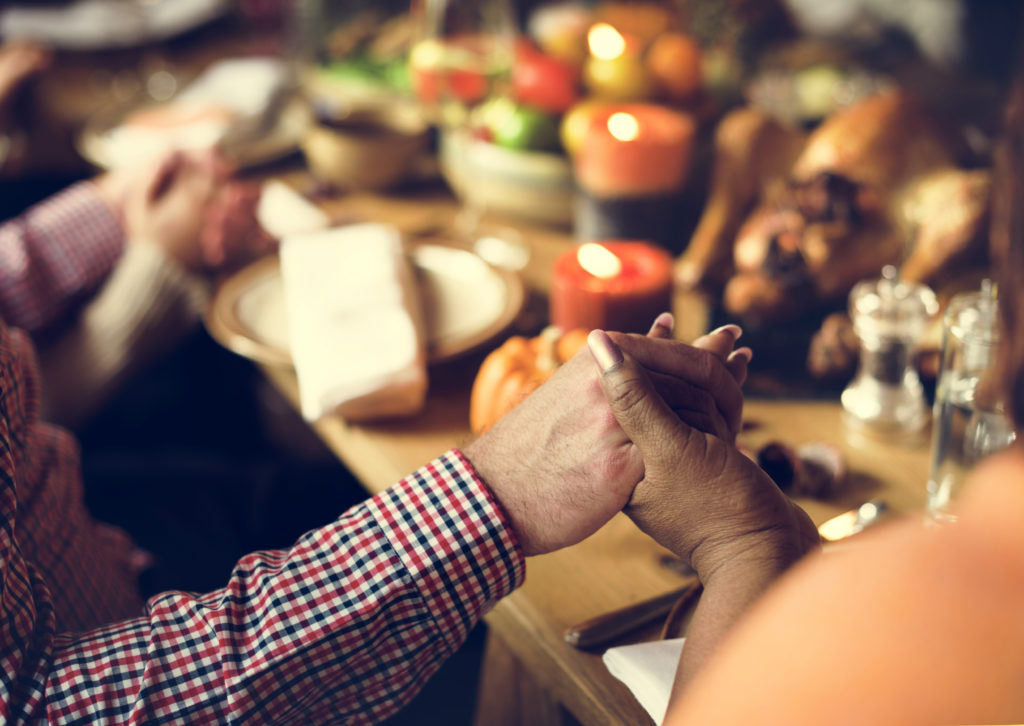3 Ways to Support Holiday Season Sobriety
Tips to stay supportive of family and friends who are in recovery from alcohol or other drug addiction this holiday season.

By Sophie Hipke
Women’s Recovery Journey
The holidays can be a stressful time for many of us between balancing family dynamics, expectations, and overall stress. But this time of year can be particularly difficult for someone who is recovering from alcohol or other drug addiction.
Recovery can add stress through the holidays in many ways. Some people in recovery have strained relationships with family and friends, while others may experience ridicule from their loved ones due to past mistakes. Around 21 million Americans experience addiction. Support during recovery is critical. Below are three tips to help you support a loved one in recovery this holiday season and beyond:
1. Be okay with “No”
Alcohol consumption typically increases during the holiday season. Remember that your loved one may not be in a place where they can be around others who are drinking alcohol. They may say “no” to your holiday party or family get together. If this happens, it is essential to respect their choice not to attend. If they do choose to join, and alcohol will be present, it is helpful to keep it out of their sight. Your loved one may also wish to steer clear of discussing their recovery at holiday gatherings. No matter what, the most supportive thing you can do is respect their wishes.
2. Try to Understand
There is a lot of confusion and shame surrounding addiction. Take some time to learn more about the recovery process that your friend or family member is going through – either by asking them, researching online, or attending a support group for friends and family of people in recovery. Having more knowledge does not mean you will completely understand, but your loved one will be more likely to reach out if they feel safe with you. Ask if they have a relapse prevention plan and if you can help with it in any way. Voicing and showing your support makes a difference.
3. Have Reasonable Expectations
There are many triggers around the holidays for those in recovery, including increased spending, crazy schedules, and potential travel. Talking with your loved one in recovery to find out what specific extra support they need will help everyone feel more prepared. Understand they may need to leave early, take a breather, or not attend altogether. Some people may use the opportunity of having everyone together to confront someone in recovery for their past mistakes. Interventions such as that may do more harm than good, so creating boundaries around topics of conversation is important. Keep in mind the day may not be full of warm and fuzzy feelings for everyone and create a plan for if the day turns sour.
Supporting a loved one in recovery can be difficult as we often do not know what to say and do not want to make things worse. Keeping an open mind and remaining understanding are two of the most important ways to provide support. It is okay to not be perfect, but any sincere effort can have an immense positive impact.
 Sophie Hipke works with adults, children, and families with mental health and substance use issues. She is currently serving as an outpatient therapist for Family Services as part of the Women’s Recovery Journey Program.
Sophie Hipke works with adults, children, and families with mental health and substance use issues. She is currently serving as an outpatient therapist for Family Services as part of the Women’s Recovery Journey Program.